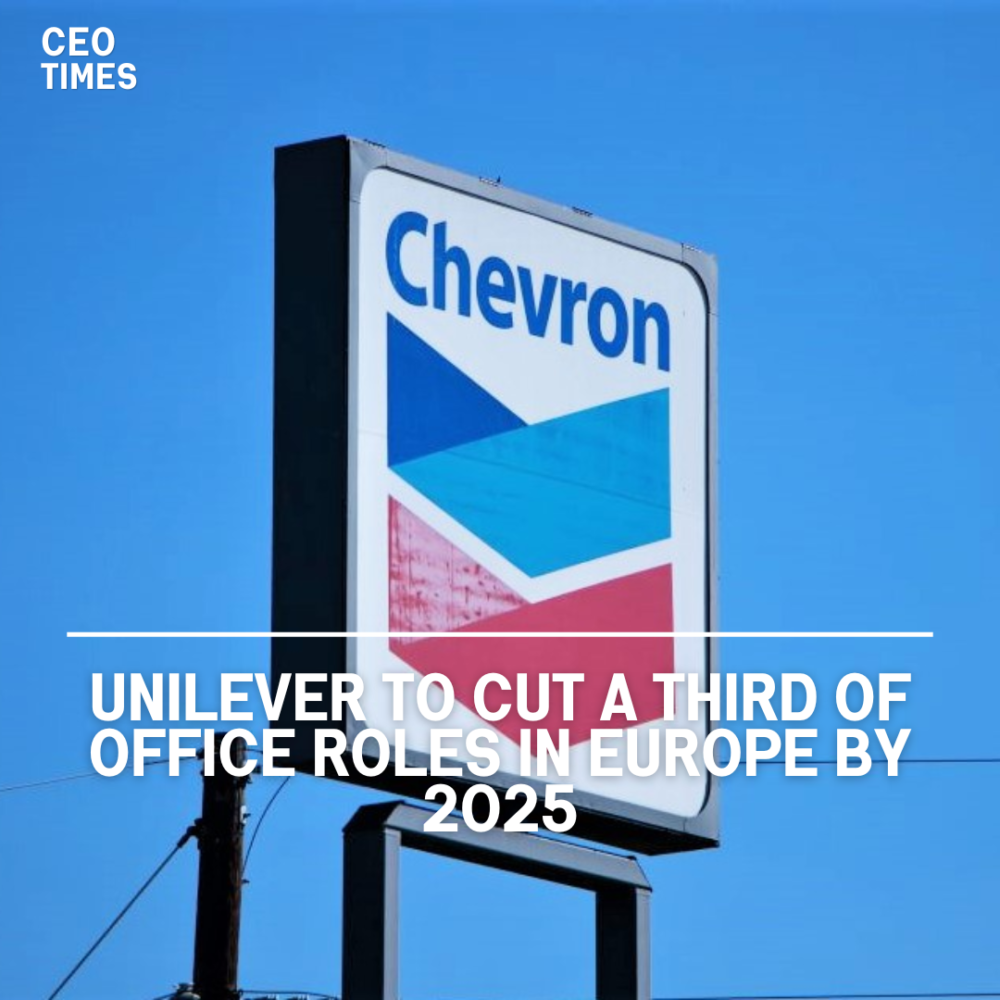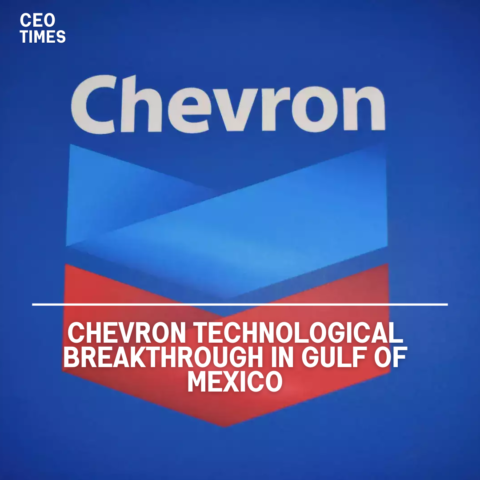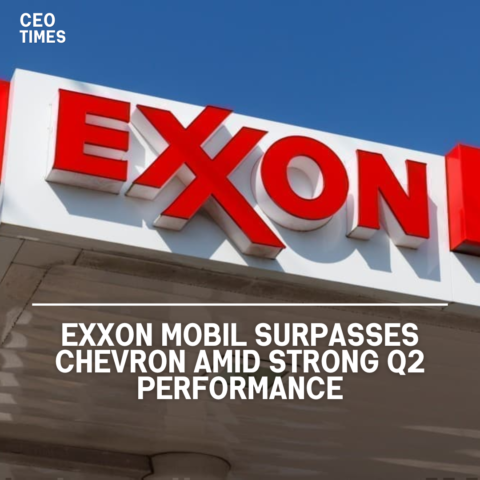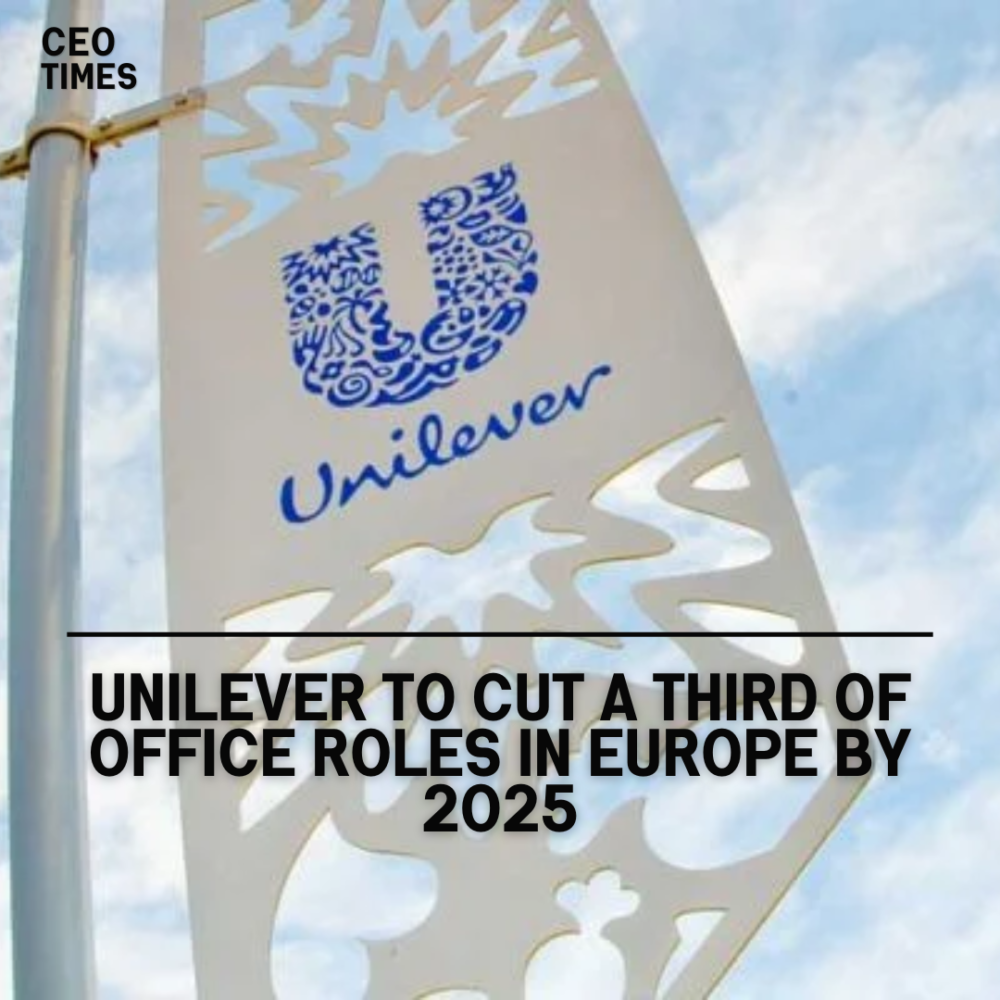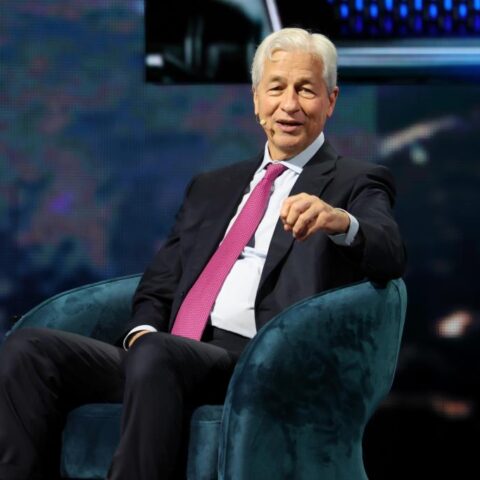Oil producers Chevron Corp and Hess Corp have announced that they expect the U.S. Federal Trade Commission (FTC) to review their proposed merger in the third quarter of 2024.
The companies made this statement on Thursday, highlighting a significant step in their $53-billion merger process.
FTC Review and Potential Delays:
Bloomberg News reported that the FTC plans to delay its decision on whether to block Chevron’s takeover of Hess until after an arbitration case with Exxon Mobil is settled, or at least until the fourth quarter.
The delay stems from the ongoing arbitration dispute with Exxon Mobil, which claims a right of first refusal over Hess’ assets in Guyana.
Chevron and Hess have indicated that a third-quarter FTC review would allow them to resolve the arbitration dispute by the end of the year. However, Exxon has suggested that the arbitration process could extend into 2025.
Arbitration and Its Impact:
Exxon filed the arbitration case in March, which has already delayed the merger, which was initially planned to close in the first half of the year. Exxon claims preemption rights to acquire Hess’s valuable assets in Guyana.
A three-member panel has not yet begun reviewing Exxon’s claim but is expected to set a schedule for proceedings in the coming weeks.
Hess owns a 30% stake in Guyana’s giant Stabroek block, operated by Exxon, which holds a 45% stake. China’s CNOOC Ltd holds the remaining 25%. The companies expect to double production in the Stabroek block to 1.3 million barrels of oil and gas per day by 2027.
Future Outlook by Chevron:
Hess stated on June 19 that the arbitration is moving forward, and a decision is expected by the end of 2024. The resolution of this arbitration is crucial for the merger to proceed smoothly.
Chevron and Hess remain optimistic about the merger and its potential benefits. However, the outcome of the arbitration case and the FTC’s review will play critical roles in determining its future.
In summary, the Chevron and Hess merger is under FTC review and faces potential delays due to an arbitration dispute with Exxon Mobil. The resolution of these issues is essential for the merger to move forward, and it has significant implications for the companies’ operations and the broader oil and gas market.









